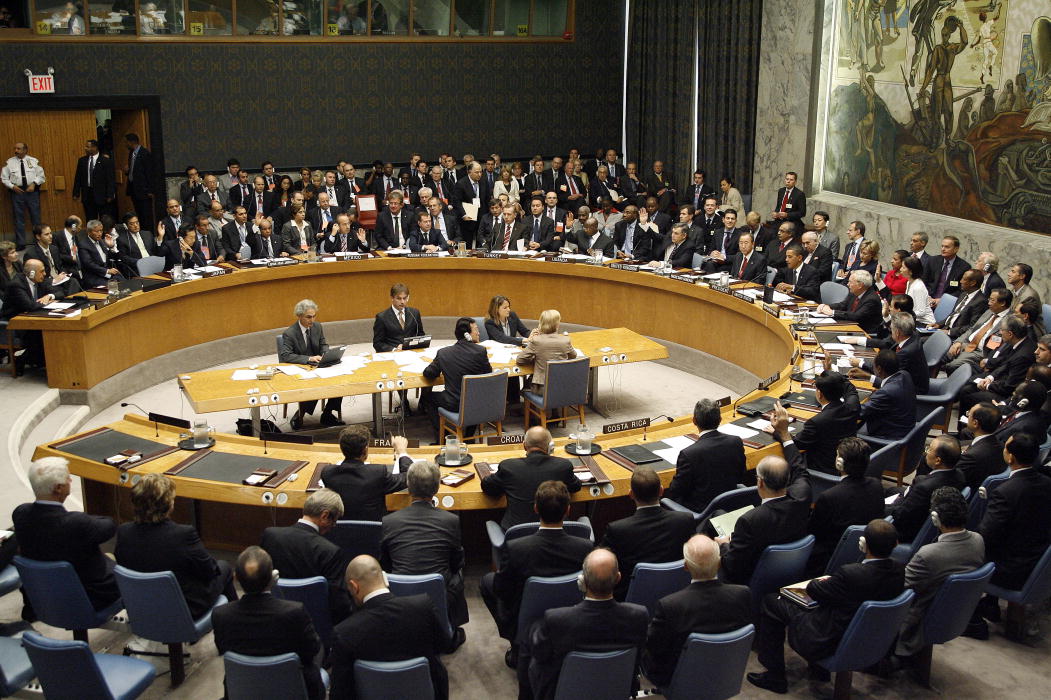UN Security Council – down to work
In a recent post, Peter Jennings and I argued that if Australia won a seat at the global decision making peak body, the UN Security Council, we’d benefit from picking some signature issues where Australia could contribute most effectively to solutions to pressing international problems.
Our suggested to-do list included leveraging our expertise to help build the UN’s capacity to help stabilise countries at risk of failing; highlighting Timor-Leste’s continuing needs; championing global opposition to the use of Improvised Explosive Devices; promoting efforts to strengthen maritime security, such as counter-piracy (see ASPI’s latest report on this issue); and developing cooperative measures to address information security.
Now we’ve won our fifth two year term on the Council, (proving wrong those naysayers that predicted our ties with the US, and strong support for Israel would spell defeat), we’ll need to respond to a whole host of global issues.
Apart from Syria, where there’s a rift within the Permanent Five, (China and Russia don’t back enforcement measures), there’ll no doubt be a great deal of the Council’s attention focused on continuing conflicts in Africa, such as Darfur and Mali. Australia’s relations with Africa have to date been led by our private sector’s resource interests. But we’ll need a much higher level of Australian engagement with Africa, if we’re to contribute constructively to Security Council sessions devoted to African affairs. Initiating an Australia–African leaders dialogue is worth considering.
We will get to chair the Council twice during our two year term, for a month each time. That will be our main chance to shape the UN’s agenda. (The Australian Prime Minister of the day might choose to Chair a session to advance particular issues deemed of importance.)
Council resolutions require nine votes to pass. So we’ll inevitably be drawn into the politics of the P5 that exercise the veto. It will be crucial for us to adopt an independent approach here, if we’re to win the respect of all Security Council members and to show we’re serious about being an activist middle power with an independent foreign policy.
As the Council meets in one form or another almost every working day of the year, there’ll be a need for our New York mission to draw upon a wide range of ‘back-office’ stakeholders in Australia for ideas and support. This doesn’t just mean the Department of Foreign Affairs and Trade, but AusAID, Defence, and bodies such as the Australian Civil-Military Centre (that’s focused on doctrine development for complex emergencies), business and selected non-government groups.
There’s a real risk, however, that for the next two years Australian governments may assume that as we’ve now won the Council seat without a huge resource investment, we can be a successful non-permanent member of the Security Council on the cheap.
The shameful leeching of resources from Foreign Affairs over recent years should be addressed as a matter of urgency. It’s going to take more than just chocolate koalas.
Anthony Bergin is deputy director of the Australian Strategic Policy Institute. Image courtesy of Flickr user United Nations Photo.
